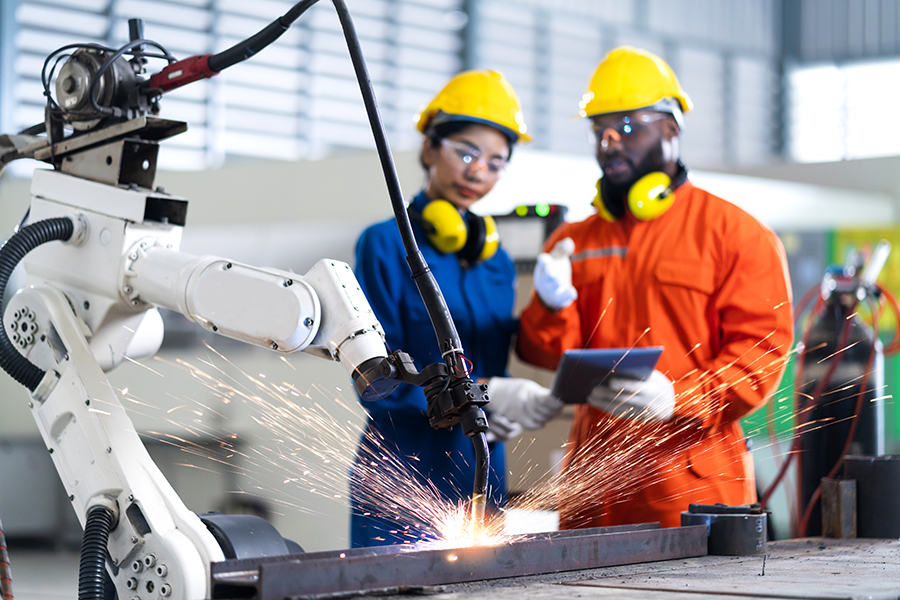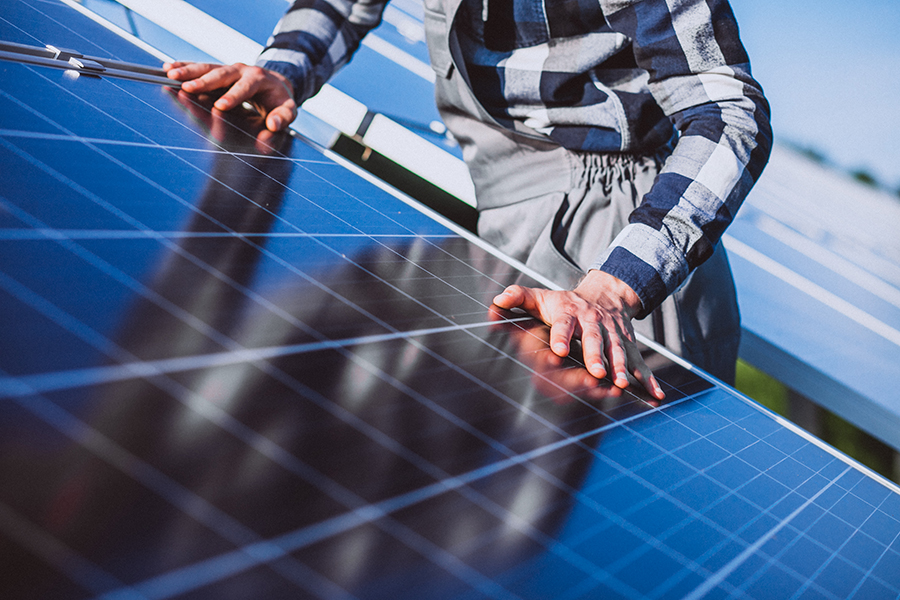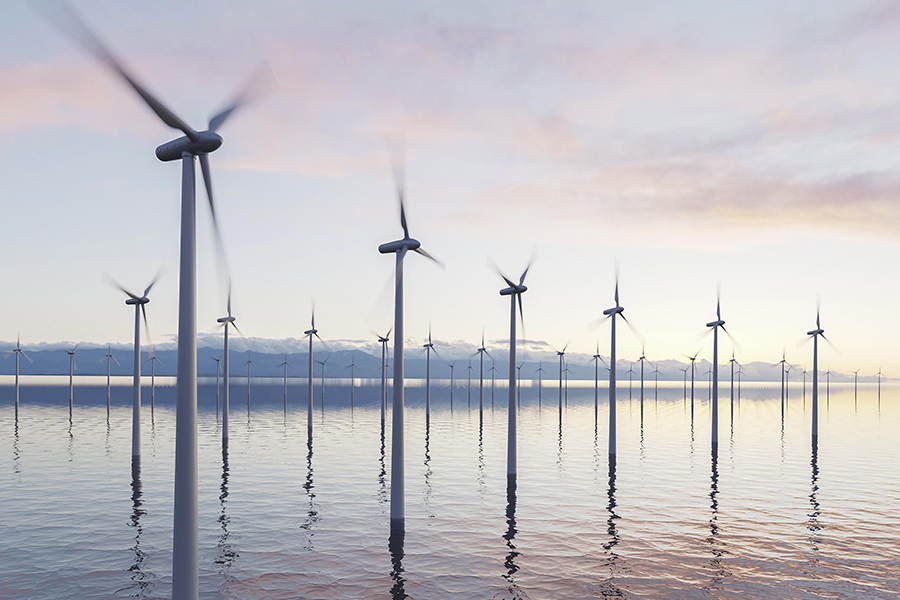The U.S. Department of Energy (DOE) has announced the selection of Arizona State University to lead the seventh Clean Energy Manufacturing Innovation Institute.
EPIXC will mobilize a coalition of private companies, National Labs, universities, labor unions, and community partners and will allocate up to $70 million in federal funding over the next five years for research, development, and demonstration (RD&D) projects to electrify process heating and decarbonize the industrial sector. EPIXC will advance President Biden’s climate goals to build an industrial sector that is more resilient, efficient, and competitive and set the United States on a path to net-zero emissions by 2050.
From chemicals and paper to machinery and vehicles, the industrial sector manufactures products that are critical to our economy. However, to achieve the nation’s climate goals, we must decarbonize this vital sector which is responsible for more than 30% of the country’s greenhouse gas (GHG) emissions. To achieve deep decarbonization, industries must work together to find solutions that span the entire industrial sector.
“Achieving the nation’s climate goals will require an all-hands-on-deck, multidimensional approach to eliminating industrial emissions,” said Alejandro Moreno, Acting Assistant Secretary for Energy Efficiency and Renewable Energy. “Our newest institute, EPIXC, will focus on one of the key pillars of industrial decarbonization—electrification—to dramatically slash emissions while helping to strengthen and secure America’s leadership in the global clean energy economy.”
EPIXC joins DOE’s six other Manufacturing USA Institutes which have the unique ability to convene our nation’s brightest minds and create an innovation ecosystem to solve the country’s toughest manufacturing challenges. EPIXC partners represent a wide variety of industries and include researchers, equipment manufacturers, and technology implementers. This multisector coalition will bridge the gap between research and commercialization to move novel electrification processes out of the lab and into the market.
Heat is essential to manufacturing and is used to remove moisture, create steam, separate chemicals, treat metals, melt plastics, and much more. However, process heat—the thermal energy used to prepare materials and produce manufactured goods—consumes more energy and produces more carbon emissions than any other type of operation in the industrial sector. By transitioning to electrified and low-carbon fuel and energy sources, industries can reduce emissions and improve energy efficiency through technologies such as induction heating, heat pumps, and microwave systems.
In support of the decarbonization goals outlined in the 2022 Industrial Decarbonization Roadmapand the Industrial Heat Shot, EPIXC will accelerate the development and adoption of electrified processes that can cost-effectively lower emissions and enhance energy efficiency of industrial process heating. EPIXC will also address the challenge of integrating these new processes into existing facilities designed around conventional heating technologies.
EPIXC is committed to advancing the goals of President Biden’s Justice40 initiative by engaging disadvantaged communities, including tribal communities in Arizona, to prepare the clean energy workforce of today and tomorrow for the clean energy transition. The diverse EPIXC ecosystem will also include tribal nations and Manufacturing Extension Partnerships.
EPIXC is funded through the Office of Energy Efficiency and Renewable Energy’s Industrial Efficiency and Decarbonization Office. Learn more about EPIXC and DOE’s other Manufacturing USA Institutes and how they are working to connect people, ideas, and technology to make U.S. industries more competitive and strengthen our national security.






